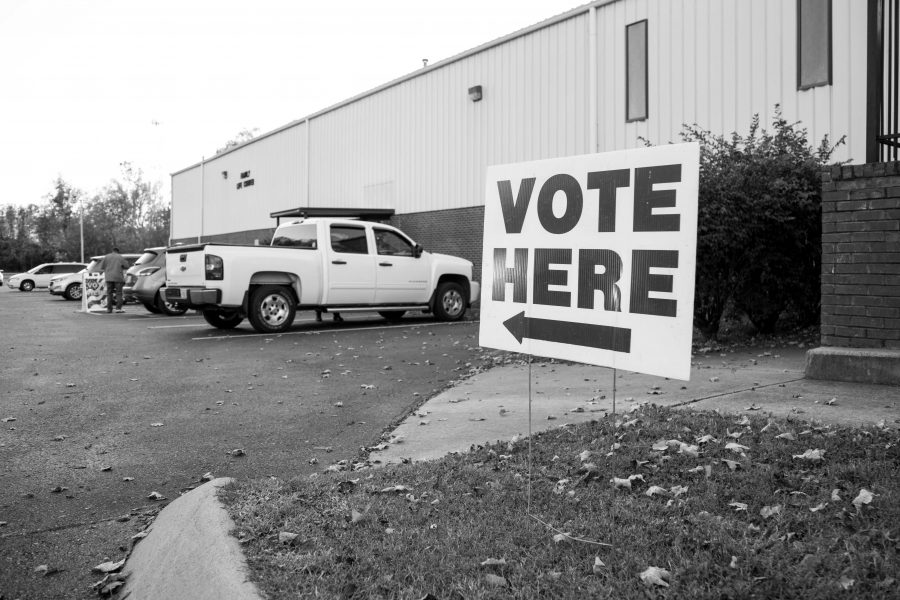While Nashville locals discuss Blackburn’s victory and Nashville’s passage of Amendment 1 that will create an oversight board for police action, the recent passage of Amendment 6 has largely remained under the radar.
In the midterm election, Nashville passed a number of amendments to its Charter, the municipality’s governing document. One of the six amendments was a proposition to change the male pronouns in the Charter to gender neutral language. Amendment 6 passed resoundingly, with about 72 percent of voters in favor.
Among other changes, the specifics include changing the word councilmen to council members, policemen to police officers, and firemen to firefighters.
“For a lot of people, men and women, it won’t make a difference,” said Nashville Metro Council member Dave Rosenberg, who co-Sponsored the amendment. “But for some people, it’s just a signal that there’s no portion of the population that has greater rights in our government or to run our government than another does.”
The other sponsor of the bill was Council member Angie Henderson. When considering running for office, she read the Charter and was astounded by the dominance of male pronouns, she said.
“Its 2018, so really, I think it’s really not appropriate at this point in our history that our governing document still does not speak to women in leadership,” Henderson said.
Further, the Amendment was especially relevant now given the record number of women serving on Metro Council– 16 women currently serve, which is the highest in the body’s history, Henderson said. However, their presence was not officially recognized under the former wording of their governing document.
“Technically per the charter, I’m a council man,” she said. “There’s just something about that that’s just not quite right.”
While the vote was a landslide in favor of the amendment, roughly 1 in 5 voters did not support the change. Much of the opposition is likely attributable to those who assume all Amendments are bad and voted against all changes, Rosenberg said.
Henderson also heard some dissent from those who thought the change would cost money in printing costs. It won’t, she said, as council members do not keep printed copies of the Charter. Rather, the change will be more of a “find and replace” task, Henderson and Rosenberg said.
While the amendment may appear to just be switching some words, the action has larger implications, Women’s and Gender Studies professor Allison Hammer noted. In the current political climate, language has become a sort of a rhetorical “battleground,” she said.
“We see how inflaming rhetoric has a profoundly negative effect,” she said. “I think it [the current political climate] is attuning us to thinking more about language. So I think it [Amendment 6] is obviously positive, and I think also it may be more important than you may think.”
Students likely aren’t attuned to local politics, but they should be, Hammer said. While national politics often get attention, focusing on the local context can reveal important changes that are happening, such as this one, she said.
While Amendment 6 may be subtle, its commentary on women serving in public service has a bigger message.
“There are a lot of people who are out there risking their lives, and even though there are much great ways for us to show our appreciation than this, the Charter shouldn’t be a dig at anyone,” Rosenberg said.



